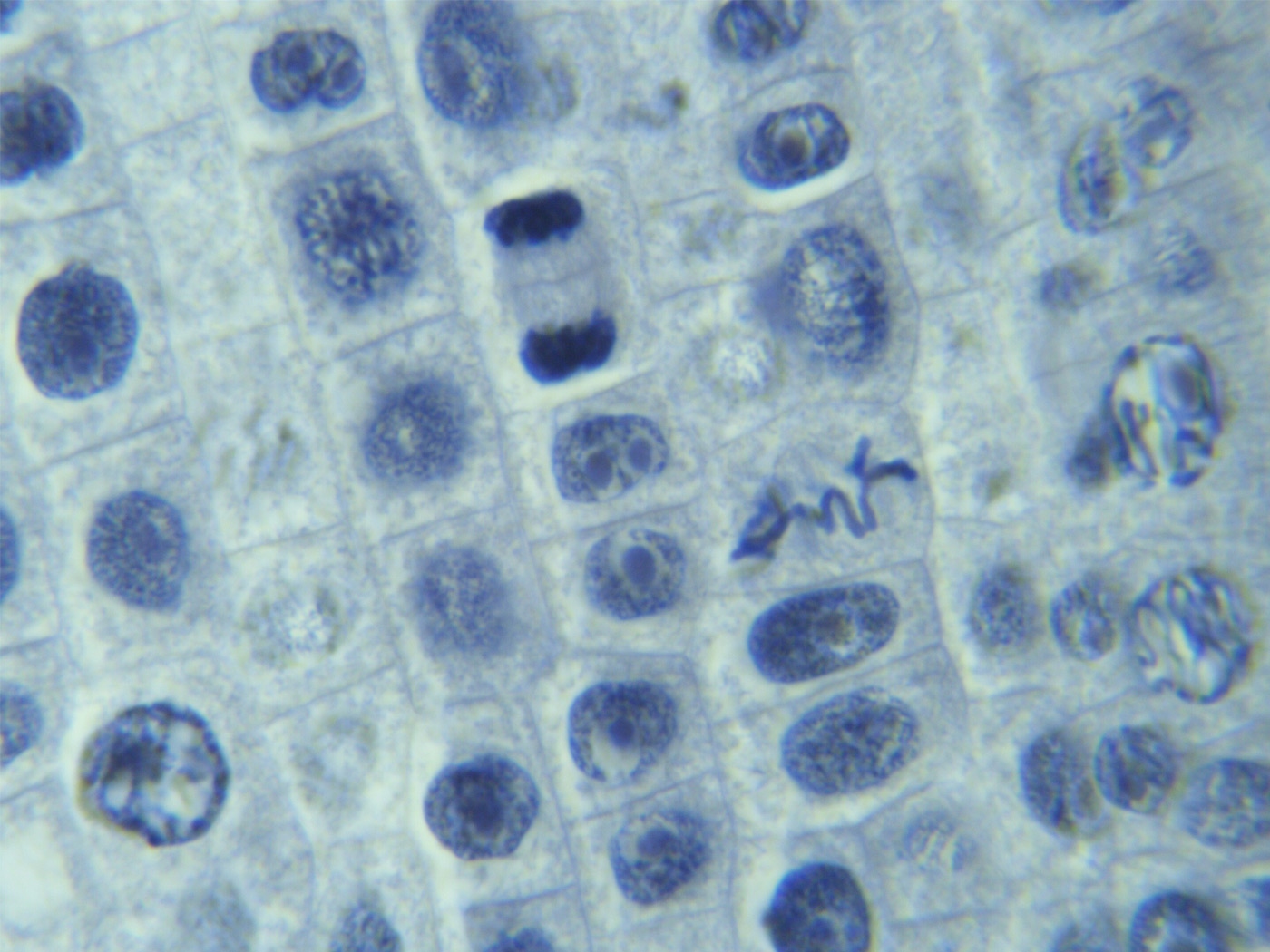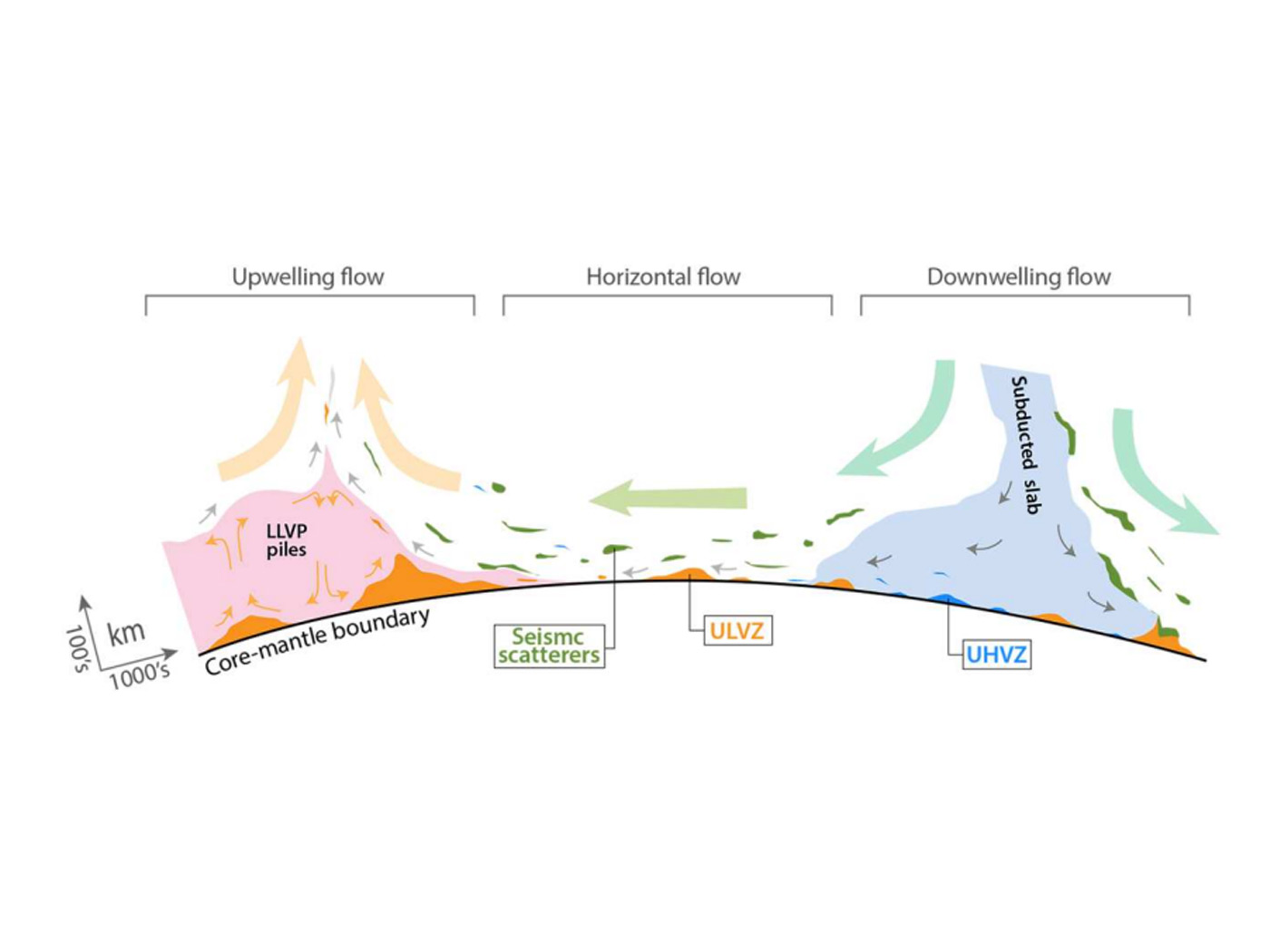It sometimes is claimed that one can be both a Darwinist and a Christian (Miller). Others argue that religion and Darwinism are incompatible because they are separate fields that should not be intermixed (Gould). In fact, the Darwinism worldview leads directly to certain clear moral and religious teachings about the origin, purpose, and ultimate meaning of life that are diametrically opposed to the Christian, Jewish, and Islamic faiths. The problem is that Darwinists,
can in good conscience say at one moment that they do not deal with God or religion, and then in the next breath make sweeping pronouncements about the purposelessness of the cosmos (Johnson, p. 118).
Some scientists are more open and forthright than Miller and Gould, some even concluding that "there is something dishonestly selfserving" in the tactic claiming that "science and religion are two separate fields" (Dawkins, p. 62). Most evolutionists fully understand what is at stake in the creation/evolution controversy. Futuyma admits that anyone who "believes in Genesis as a literal description of history" holds a "worldview that is entirely incompatible with the idea of evolution . . ." (pp. 12-13). Futuyma then claims that Darwinists insist on "material, mechanistic causes" for life but the "believer in Genesis" can look to God for explanations.
Historians have documented meticulously the fact that Darwinism has had a devastating impact, not only on Christianity, but also on theism. Many scientists also have admitted that the acceptance of Darwinism has convinced large numbers of people that the Genesis account of creation is erroneous, and that this has caused the whole house of theistic cards to tumble:
If the Bible was wrong in the very first chapter of Genesis, then the veracity of the entire enterprise was called into question. Evolution was not just a scientific idea, it was a bombshell . . . welcomed by atheists, feared by theists (Raymo, p. 138).
As a result of the widespread acceptance of Darwinism, the Christian moral basis of society was undermined. Furthermore Darwin himself was "keenly aware of the political, social, and religious implications of his new idea. . . . Religion, especially, appeared to have much to lose . . ." (Raymo, p. 138).
Numerous scientists have noted that one result of the general acceptance of Darwinism was acceptance of the belief that humans "are accidental, contingent, ephemeral parts of creation, rather than lords over it" and humans are not "the raison d'être of the universe" as all theistic religions teach (Raymo, p. 163).
The Darwinism belief that humans (and all living things) are nothing more than an accident of history, "cosmically inconsequential bundles of stardust, adrift in an infinite and purposeless universe" is a belief that is now "widely embraced within the scientific community" (Raymo, p. 160). Darwinism was a major factor in causing many eminent scientists to conclude, in the words of Nobel laureate Steven Weinberg, that the "more the universe seems comprehensible, the more it also seems pointless" (p. 154). Darwinism teaches "that our lives are brief and inconsequential in the cosmic scheme of things" (Raymo, p. 110), and that life has no ultimate purpose because there is no heaven, hell, or afterlife and "nothing we know about life requires the existence of a disembodied vital force or immaterial spirits, or a special creation of species" (Raymo, p. 42). Raymo concludes:
Everything we have learned in science since the time of Galileo suggests that the [universe is] . . . oblivious to our fates [and] that the grave is our destiny (Raymo, p. 66-67).
One of the most eminent evolutionists ever, Harvard paleontologist George Gaylord Simpson, taught that, "Man is the result of a purposeless and natural process that did not have him in mind" (p. 345).
Raymo concludes that Darwin's theory was "not what we want to hear" because it is difficult for humans who have long thought of themselves as "the central and immortal apex of creation—the apple of God's eye—to accept that" we are, "unexceptional, contingent, and ephemeral in the cosmological scheme of things" (p. 129).
Raymo adds that since Darwinism has demolished the belief that the universe and human beings have an ultimate purpose, our educational system must inculcate young people in "cold and clammy truths like descent from reptilian or amoebic ancestors," Raymo then suggests that although it,
would be comforting to think, as did our ancestors, that we live in a nurturing universe, centered upon ourselves. . . . The truth, however, is . . . Evolution is not warm and fuzzy. It can even be capricious and sometimes cruel (p. 144).
Cruel or otherwise, Raymo states that Darwinism "is a fact by every criterion of science" and that our "school kids do not need intellectual security blankets" (p. 144). The implications of Darwinism "perhaps the most revolutionary idea in the history of human thought" are clear.
We are small, contingent parts of something that existed long before we appeared on the scene. . . . We are as incidental to the cosmos as are ephemeral mayflies to the planet Earth. At first glance, this was shattering news. Indeed, the majority of us have not yet come to terms with it. . . . Our lives are brief, our fate is oblivion (p. 222 emphasis his).
Acclaimed Oxford zoologist Richard Dawkins has written extensively about the implications of Darwinism. In a speech titled "A Scientist's Case Against God," Dawkins argued that Darwinism "has shown higher purpose to be an illusion" and that the Universe consists of "selfish genes;" consequently, "some people are going to get hurt, others are going to get lucky, and you won't find any rhyme or reason for it" (Easterbrook, p. 892).
Dawkins believes that people who believe life was created for a purpose not only are mistaken, but are ignorant: "Only the scientifically illiterate" believe we exist for a higher purpose. The scientifically literate know there is no reason "why" we exist, we "just do" as an accident of history. Dawkins also teaches that no evidence exists to support theism, and that "nowadays the better educated admit it" (Easterbrook, p. 892).
The central message of Richard Dawkins' voluminous writings is that the universe has precisely the properties we should expect if it has "no design, no purpose, no evil and no good, nothing but pointless indifference" (Easterbrook, p. 892). Dawkins even admitted that his best-selling book, The Selfish Gene, was an attempt to get rid of what he regarded as an "outright wrong idea" that had achieved a grip in popular science—namely, the erroneous "assumption that individuals act for the good of the species," which he believes is "an error that needed exploding, and the best way to demonstrate what's wrong with it . . . was to explain evolution from the point of view of the gene" (Easterbrook, p. 892). Dawkins added that the reason why The Selfish Gene was a best seller could be because it teaches the "truth" about why humans exist, namely humans,
. . . are for nothing. You are here to propagate your selfish genes. There is no higher purpose to life. One man said he didn't sleep for three nights after reading The Selfish Gene. He felt that the whole of his life had become empty, and the universe no longer had a point (quoted in Bass, p. 60).
Dawkins obviously is proud of the depressing effect his writings have on people. Raymo even claims that the dominant view among modern Darwinists is that our minds are "merely a computer made of meat" (pp. 187-188), and that "almost all scientists" believe the idea that a human soul exists is a "bankrupt notion"; and consequently, the conclusion that our minds are "merely a computer made of meat" is considered by Darwinists "almost a truism" (pp. 192-193, emphasis his).
In Futuyma's words, "if the world and its creatures developed purely by material, physical forces, it could not have been designed and has no purpose or goal" (pp. 12-13). Furthermore, he notes that the creationist,
in contrast, believes that everything in the world, every species . . . was designed by an intelligent, purposeful artificer, and that it was made for a purpose . . . the human species was not designed, has no purpose, and is the product of mere material mechanism . . . seems to be the message of evolution (pp. 12-13).
Is this pessimistic, antitheistic, and nihilistic view of humans widespread? One researcher claimed that "ninety-nine percent of the scientists whom I met in my career . . . support the view expressed by Dawkins [that anyone] . . . who denies evolution is either ignorant, stupid, insane or wicked" (Rörsch, p. F3). This oft' made claim is totally false: an estimated 10,000 scientists in the USA and about 100,000 creation scientists in the world reject Darwinism, and hold instead to a creation worldview (Bergman). A question every concerned parent and grandparent should ask is: "Do we want our children taught that life has no ultimate purpose, and that our minds are merely a computer made of meat?" The fact is:
. . . the philosophy implied by Darwinism, that life may have no "purpose" in the traditional religious sense, and that life is ultimately a random process . . . Darwinism is unique among scientific theories because it attempts to explain man's origins . . . (Leith, p. 9, emphasis his).
Why do so many people believe the pessimistic, nihilistic, and depressive Darwinist view? One reason is they are convinced that science has proven Darwinism to be true. Sadly, however, many scientists are unaware of the large body of evidence supporting creationism. And numerous scientists recognize that, at best, the view common among elite scientists is unscientific. Shallis argues that:
It is no more heretical to say the Universe displays purpose, as Hoyle has done, than to say that it is pointless, as Steven Weinberg has done. Both statements are metaphysical and outside science. . . . This suggests to me that science, in allowing this metaphysical notion, sees itself as religion and presumably as an atheistic religion (pp. 42-43).
Darwinists have indoctrinated our society for over 100 years in a worldview that has proven to be tragically destructive. And they often have done this by a type of deceit that began before the Piltdown hoax and continues today in many leading biology textbooks (Wells).
Acknowledgments:
Bert Thompson, Ph.D., and Clifford L. Lillo for their insight.
References
- Bass, Thomas. 1990. Interview. Omni, 12(4):58-89.
- Bergman, Jerry. 1999. "The Attitude of Various Populations Toward Teaching Creation and Evolution in Public Schools." CEN Tech J, 13(2):118-123.
- Dawkins, Richard. 1999. "You Can't Have It Both Ways: Irreconcilable Differences?" Skeptical Inquirer, July/August, pp. 62-63.
- Easterbrook, Gregg. 1997. "Of Genes and Meaninglessness." Science, 277:892, August 15.
- Futuyma, Douglas. 1983. Science on Trial. NY: Pantheon Books.
- Gould, Stephen Jay. 1999. Rocks of Ages: Science and Religion in the Fullness of Life. NY: Ballantine.
- Johnson, Phillip. 1991. Darwin on Trial. Washington, D.C.: RegneryGateway.
- Leith, Brian. 1982. The Descent of Darwinism. London: Collins.
- Miller, Kenneth R. 1999. Finding Darwin's God: A Scientist's Search for Common Ground Between God and Evolution. NY: Cliff Street Books.
- Raymo, Chet. 1998. Skeptics and True Believers. New York, NY: Walker.
- Rörsch, A. 1999. "Mutation Research Frontiers: Challenges to Evolution Theory." Mutation Research, 423:F3F19.
- Shallis, M. 1984. "In the Eye of a Storm." New Scientist, January 19, pp. 42-43.
- Simpson, George Gaylord. 1970. The Meaning of Evolution. New Haven, CT: Yale University Press.
- Weinberg, Steven. 1977. The First Three Minutes. NY: Basic Books.
- Wells, Jonathan. 2000. Icons of'Evolution: Science or Myth. Washington, D.C.: RegneryGateway.
* Jerry Bergman, Ph.D., is on the Biology faculty at Northwest State College in Ohio.





















